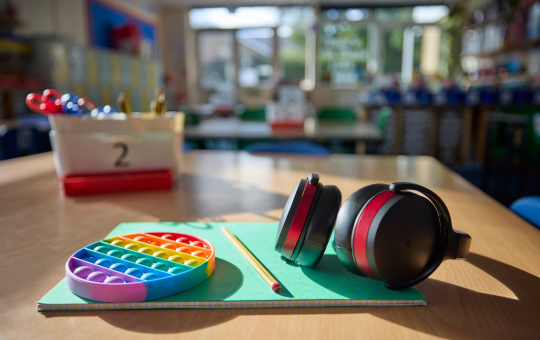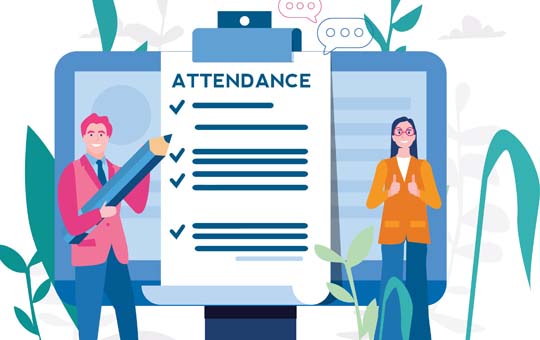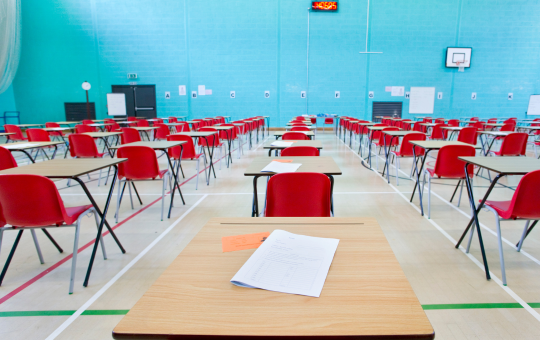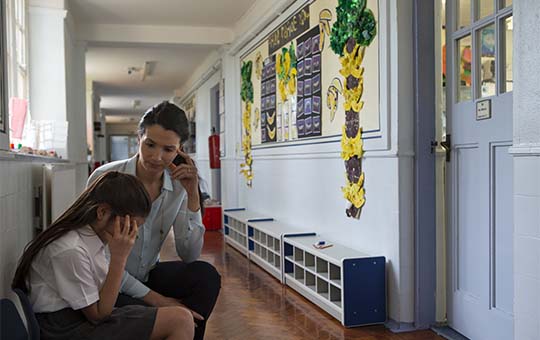The British Dyslexia Association (BDA) has written a letter to the Secretary of State for Education, Bridget Phillipson, addressing the growing SEND - Special Educational Needs and Disabilities – crisis.
This letter comes ahead of many articles, reports, and reviews of SEND and the state that it’s in within the UK, in particular relation to the education system.
Shortages and funding cuts are causing a “full-blown crisis” in special needs education for children and young people in England, according to school leaders who say they are struggling to give pupils the support they require. Paul Whiteman, general secretary of the NAHT, called the current situation a "full-blown crisis" for children, families, and schools, urging political parties to commit to system-wide investment.
School leaders reported being forced to reduce teaching assistant numbers and hours due to financial pressures, impacting support for pupils with special educational needs. A NAHT survey of 1,000 school leaders revealed that 78% had already cut support staff, and 84% expected to do so in the next three years.
In addition to these sobering statistics, the letter also highlights the real challenges facing schools and SENCOs including:
- A staggering 250% increase in appeals to the SEND Tribunal since 2015.
- An increase of 33,485 students attending alternative provision and special schools since 2015.
- 17% of pupils in England identified as having SEND (January 2023), indicating one in six children and young people are unable to successfully access the curriculum without support or adjustments.
The core message of this letter, above and beyond highlighting the increase in SEND in children, is the following:
Within the landscape outlined above, it is not possible to ‘try to fix SEND’ without looking at the role of other parts of the system in contributing to and maintaining the current situation. This must include a repositioning of ‘SEND’ within the wider education system so that it is no longer viewed as a ‘bolt-on’ or afterthought as it is now. Rather, those children and young people who need something additional and/or different to access education must be considered as central to all educational policy.
MPs called for urgent action to help SEND children and their families in a packed-out debate in Parliament on Thursday.
The process for seeking special-needs support, according to the MP who secured the debate, Richard Burgon, amounted to “child neglect”, adding that there was a funding “emergency”. The Local Government Association (LGA) says councils are projected to be spending £12bn on these services by 2026, up from £4bn a decade ago.
It seems that there is some movement already ahead of the publishing of this letter, but time will tell what the long term changes to the education system will be, or when crucial amendments will take place.
Are you interested in developing your knowledge of SEND further? We have an upcoming conference that addresses current SEND issues, our Inclusive Education for Neurodiverse Learners Conference taking place next month. This conference aims to address inclusive education, how to assist and connect with students with learning disabilities, and further support for SEND children and young teenagers. Click on this link to learn more.





















































































































